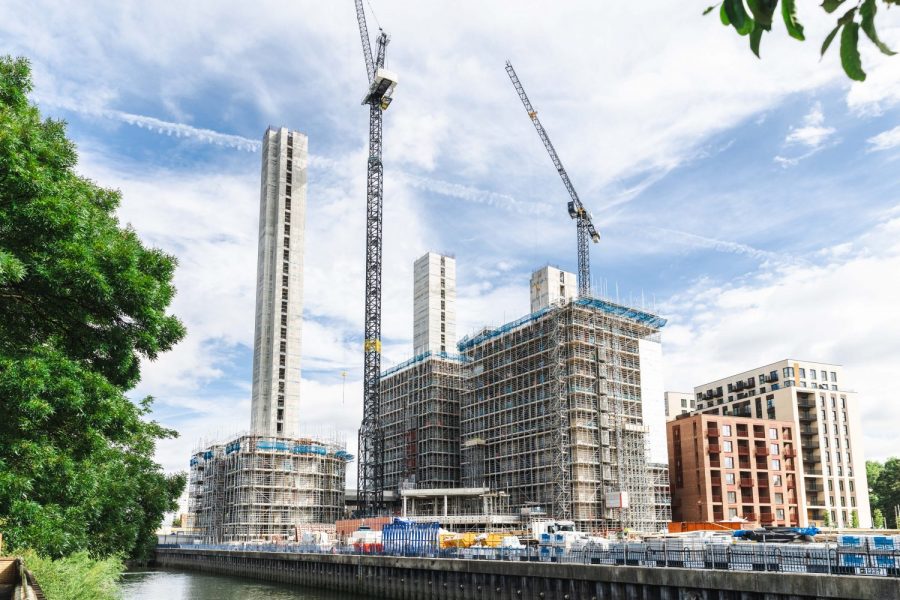Almost two years since the Building Safety Regulator (BSR) was established in April 2023 – in direct response to the Grenfell tragedy – the high rise construction sector is still grappling with the realities of Gateway 2 and Gateway 3 approvals and the impact they’re having on delivery times and project viability.
Under the terms of the Building Safety Act 2022, developers need approval for projects involving high-rise buildings over 18 metres. Approvals are needed at Gateway 1, the initial planning stage, at Gateway 2, for building work to commence, and finally at Gateway 3, to confirm a building is ready to be certified and occupied.
When it was first established, the BSR committed to a service level at Gateway 2 that is far from being met. For remediation projects the approval timescale was due to be 8 weeks and for new build projects 12 weeks. Delays are currently extending up to 22 weeks, with major consequences for project schedules and financing.
Long delays are being experienced at every stage. They are caused, according to the regulator, by an outsourced model, with the BSR employing 3rd party multi-disciplinary teams that take time to procure and on-board. These are teams drawn from the same pool of consultants who produce design information in the first instance, who had limited capacity to meet industry needs, even before the additional load from the BSR.
Developers are having to extend finance to cover almost six months’ delay, which on a £60 million project, for example, could increase the cost of financing from £2 million to £3.5 million. This additional financing cost seriously brings into question the viability of projects, while funders and investors also have to wait much longer for their repayment or returns.
One way developers can regain lost time, money and project momentum is using UNisystem by British Offsite. We work with your team to have complete technical drawings in place in advance of Gateway 2 approval, ensuring you can progress to manufacture and installation promptly once approval is achieved.
Using UNisystem will also speed-up your build-time significantly. Dry envelopes are created earlier allowing you to bring internal fitout work substantially forward and progress to handovers faster.
Overall, construction of your high rise building using UNisystem can be 30% faster than traditional build. Helping you to catch-up on your project schedule and offset some of the extra financing you needed because of BSR delays.
Let’s put high rise construction back on the table. Contact one of our sales team to understand more about the time and cost comparisons of UNisystem vs traditional build, and to discover its flexibility for high rise buildings of any height or kind.

